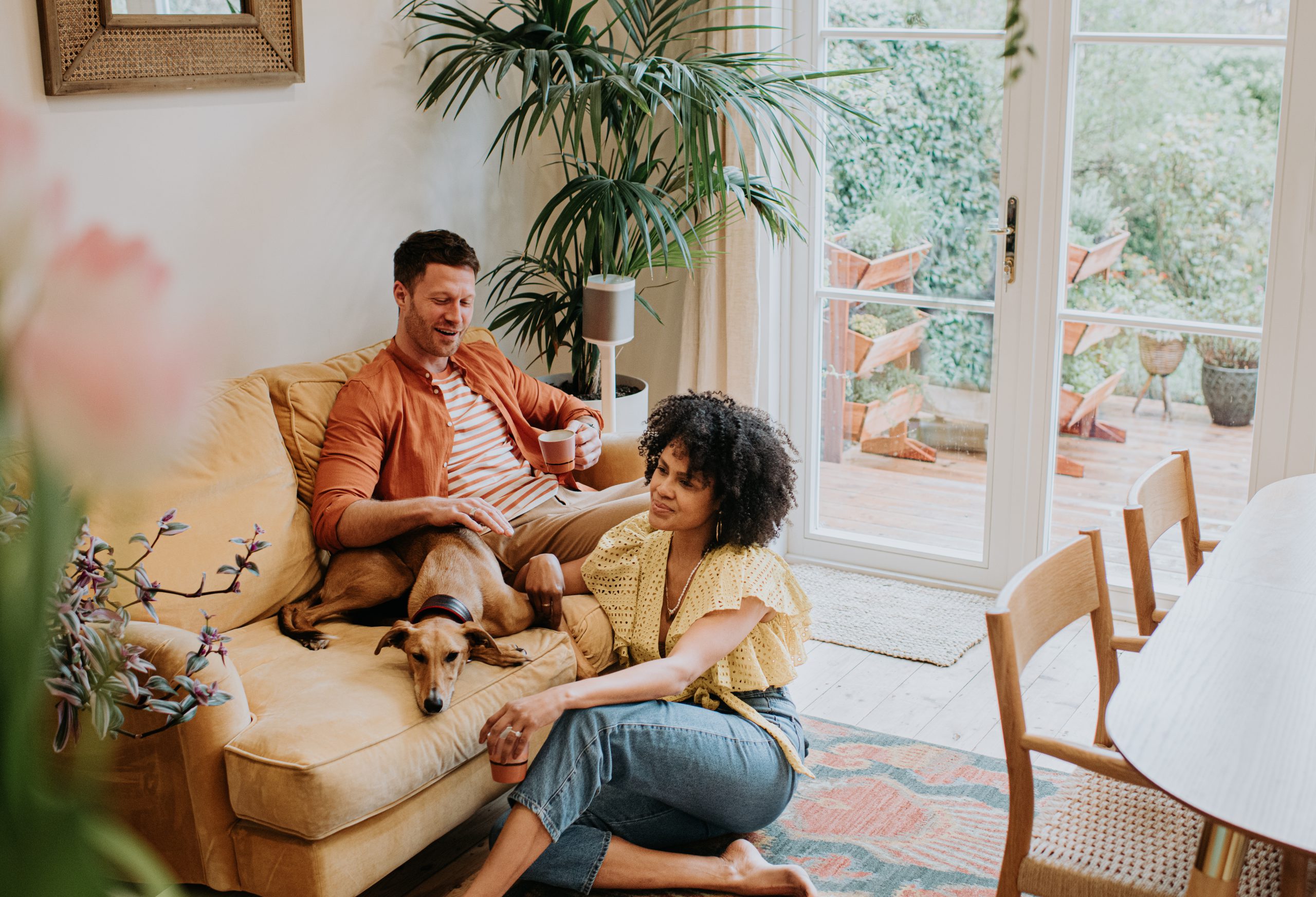
Our pets are cherished members of the family and when you’re looking to buy your next home it’s natural to consider their needs, too.
A recent survey by the aggregator website Zillow found that 61% of dog owners would only choose a new home if it were suitable for their pets. Many of my clients have been strongly influenced by the needs of their pets when selecting a home.
The most common concerns are the size of the backyard and whether the property is near any busy roads. Pool safety is another primary concern. An article on PetPlace.com estimates that 5,000 family pets drown in backyard swimming pools annually in North America.
If you’re selling your home, I recommend hiding evidence of your pets. Put away feeding bowls and cat scratching posts, for example. Why? Because many prospective buyers believe pets are not always the perfect house guests.
When searching for your new home, consider some of these tips:
- Location: That old truism of real estate – “location, location, location” – rings a bell for pets, too. If you have a dog, it’s a good idea to identify nearby parks, walking trails and pet-friendly cafes. If your target purchase is close to these amenities, you’ll enjoy your new home much more.
- My space: This is another tip for dog owners. When walking through a property, check that it has secure fencing that will prevent your dog from escaping. Check its height and whether your canine companion could burrow their way out.
- Flooring: As mentioned before, pets are not always the best house guests. When walking through a property, consider whether you might have to pull up carpets and replace them with floorboards. Solutions such as tile and laminate will not show stains. Hardwood floors, however, do suffer from repeated accidents in the same area.
- Check apartment rules: Many apartments and condos have pet rules imposed by the homeowners association (HOA). Restrictions can include the number of pets you may have, as well as their breed and size.
- Pet-proofing: Once in your new home, it’s worth checking out guidance from the American Society for the Prevention of Cruelty to Animals (ASPCA). It offers resources on pet-proofing your home, including tips on securing cabinets, electrical cords, and other hazards to curious pets.
